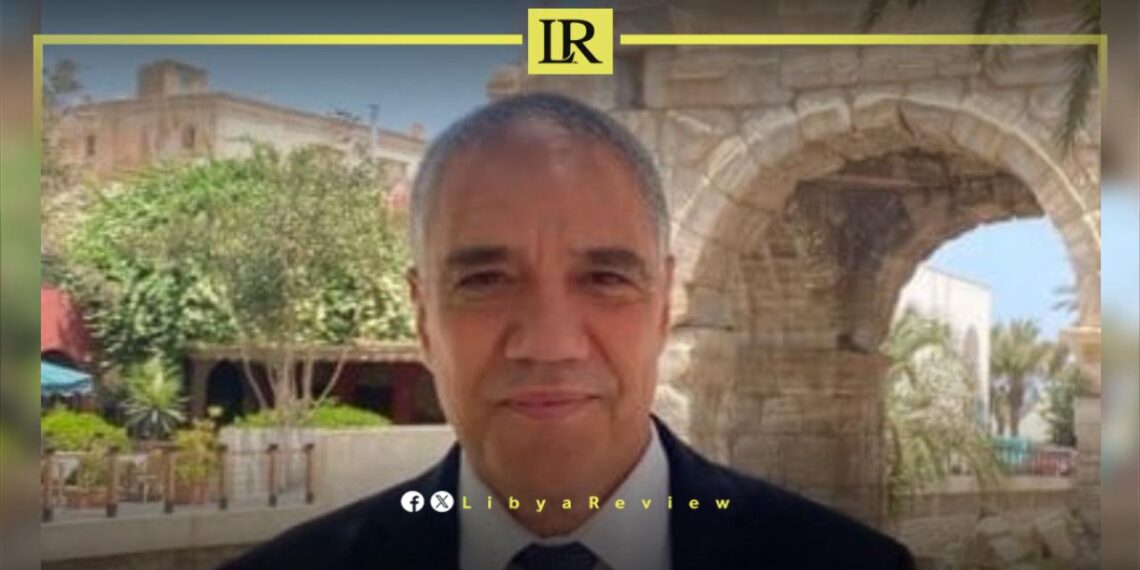On Wednesday, Ralph Tarraf, the newly appointed German Ambassador to Libya, expressed his commitment to enhancing the relationship between Germany and Libya.
In his inaugural post on the platform X, Tarraf extended his greetings to the Libyan people and conveyed his enthusiasm about his new role.
He highlighted his dedication to bolstering the collaboration between the two countries, stating, “It is an honour to assume the position of Germany’s Ambassador to Libya and to contribute to strengthening German-Libyan cooperation.” His appointment marks a new chapter in the diplomatic relationship between Germany and Libya.
Tarraf succeeds Michael Ohnmacht, who had served as the German Ambassador in Tripoli since August 2021. Ohnmacht took over from Christian Buck, who is now the Special Envoy to Libya. Buck’s transition to this role followed his tenure as the German Ambassador, which saw significant developments in bilateral relations.
The new ambassador’s focus will likely include fostering economic partnerships, enhancing cultural exchanges, and supporting Libya’s ongoing efforts towards stability and development. Given the dynamic political and economic landscape in Libya, Tarraf’s appointment is seen as an opportunity to further solidify the strategic partnership between the two nations.
Libya has been in chaos since a NATO-backed uprising toppled longtime leader Muammar Gaddafi in 2011. The county has for years been split between rival administrations.
Libya’s economy, heavily reliant on oil, has suffered due to the ongoing conflict. The instability has led to fluctuations in oil production and prices, impacting the global oil market and Libya’s economy.
The conflict has led to a significant humanitarian crisis in Libya, with thousands of people killed, and many more displaced. Migrants and refugees using Libya as a transit point to Europe have also faced dire conditions.
The planned elections for December 2021 were delayed due to disagreements over election laws and the eligibility of certain candidates. This delay has raised concerns about the feasibility of a peaceful political transition.
Despite the ceasefire, security remains a significant concern with sporadic fighting and the presence of mercenaries and foreign fighters. The unification of the military and the removal of foreign forces are crucial challenges.


